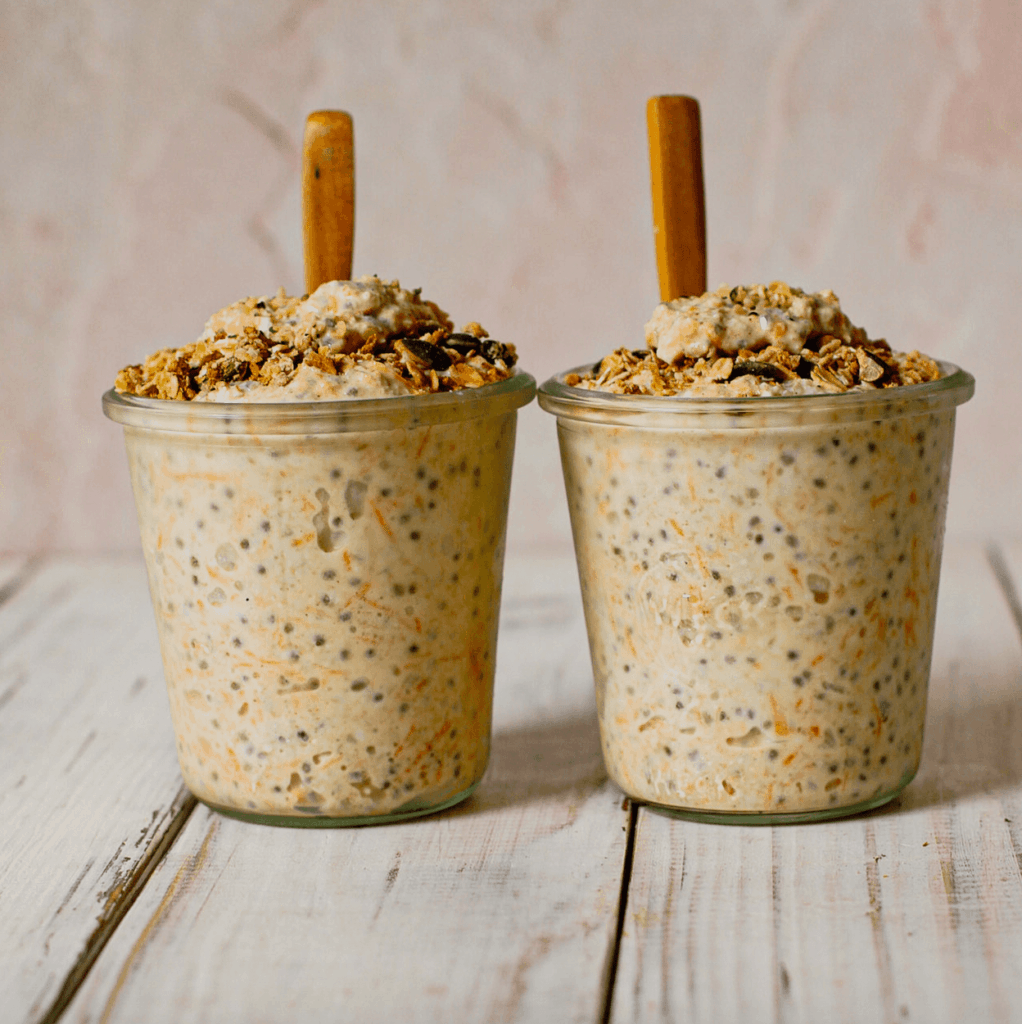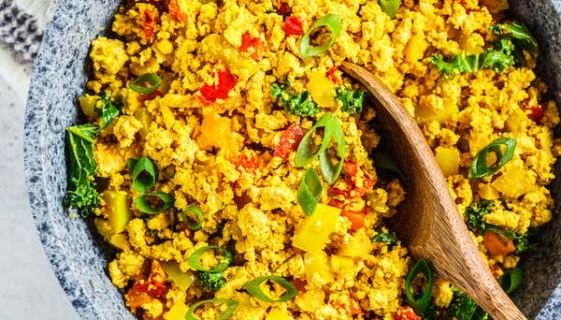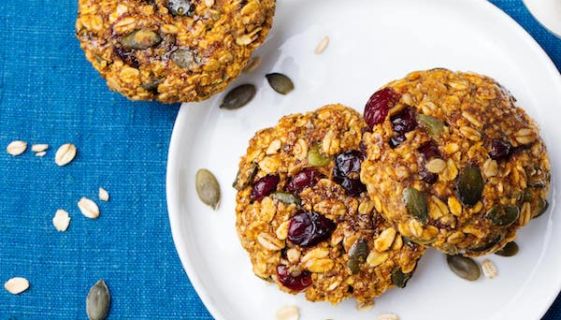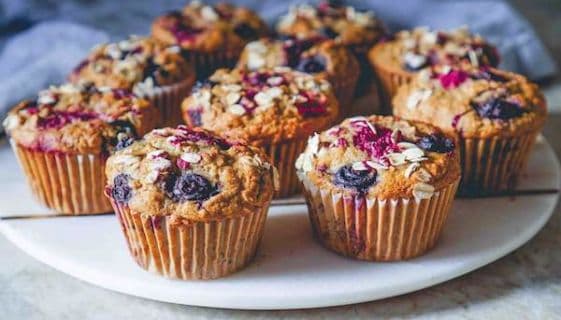We teamed up with Meera Vadgama, Certified Nutritionist, Food Blogger & Stylist at The Fit Fab Foodie to create this recipe that's packed full of anti-inflammatory and wholesome ingredients which help boost your immunity, increase your fiber intake and help support your digestive system.
Find the recipe for these oats below, and keep reading to learn about the health benefits of each Anticancer ingredient!
Serving Size: 2
Ingredients
1 cup oats
2 tablespoons chia seeds
1 medium size carrot, finely grated
2 tablespoons maple syrup
1 teaspoon cinnamon powder
1 teaspoon ginger powder
1/2 teaspoon vanilla extract
Pinch of sea salt
2 tablespoons coconut yogurt
2 cups plant based milk
Instructions:
Combine all your ingredients in a large container, mix well to combine and refrigerate overnight. Add more milk or stir through extra yogurt in the morning if too thick. In the photos above, Meera topped hers with granola and an extra sprinkle of cinnamon!
Health Benefits:
Oats: Full of soluble fiber (beta-glucan), which has been shown to slow digestion, increase satiety, and bind to cholesterol to excrete it out of the body. Oats also have plant chemicals that act as antioxidants to reduce damaging effects of chronic inflammation.
Chia Seeds: Excellent source of fiber (10g in just 2 Tbs of chia!). Loaded with omega-3 fatty acids. Anti-inflammatory and antioxidant properties. When you soak chia in a liquid (i.e. milk or water), it takes on a gel-like texture due to the high fiber content. This gel coats the gut and helps slow digestion to make you feel satisfied. It also helps bulk up stool and feed the friendly bacteria in your gut. It is also high in calcium, phosphorus, and magnesium, which can help protect bone health and fight off osteoporosis.
Carrots: Packed full of Beta-carotene (precursor to vitamin A). Vitamin A is integral for vision and immune function, as well as skin and bone health. Beta-carotene is a powerful antioxidant that can reduce inflammation and boost immune function by increasing disease-fighting cells in the body and assists cells in protection against viruses. Scientists have also reported that carotenoid-rich foods (orange foods) can help reduce the risk of heart disease and cancer (especially in the lungs, esophagus, and stomach), and can improve immune system function. Carrots are also an excellent source of vitamin C, an antioxidant that helps destroy free radicals and support the body’s natural immune response, by reducing oxidative stress.
Maple Syrup: A sweetener that is an unexpected source of essential minerals for bone health, metabolism and brain functioning. with more nutrient value than regular table sugar. This means that it will raise blood sugar slower than regular sugar. Also contains polyphenols to reduce inflammation and support a healthy immune system. The darker the maple syrup the more antioxidants levels it has. Note: Be sure to carefully read the food label when shopping for maple syrup. Many stores sell “maple-flavored syrups”, which is higher in refined sugars and high-fructose corn syrup.
Cinnamon: It has been shown to enhance motor function and normalize neurotransmitter levels. It can help improve insulin sensitivity and maintain stable blood sugar by interfering with numerous digestive enzymes that slow the breakdown of carbohydrates in the GI tract.
Ginger: Ginger’s bioactive compound 6-gingerol has been shown to have the ability to modulate cellular pathways to active in cancer prevention as well as a potential therapeutic application for treatment. It also improves lipid metabolism, which decreases the risk of cardiovascular disease and diabetes.
Coconut Yogurt: A great plant-based option with live bacteria to turn the coconut milk into yogurt makes this food a probiotic. Diversifying and increasing the good bacteria in our gut can strengthen your immune system, improve your mood, heal digestive disorders and boost overall health. The fat from coconut can allow our body to better absorb essential fat-soluble vitamins (A, D, E, and K). The fat in coconut is 90% MCTs which has shown to have a positive effect on metabolism and inflammation.
Plant-Based Milk: There are many different plant based milk options: soy, almond, cashew, oat, pea, hazelnut, etc. All are great nondairy options and in general will have less fat and mostly made up of mono-unsaturated fat to support cardiovascular health. Choosing which one is healthiest isn’t about the milk base — it’s about what kind of additives are in it so make sure to read the ingredient list to ensure there is not added sugar, flavoring and thickeners (carrageenan, guar gum, or vegetable oil).





